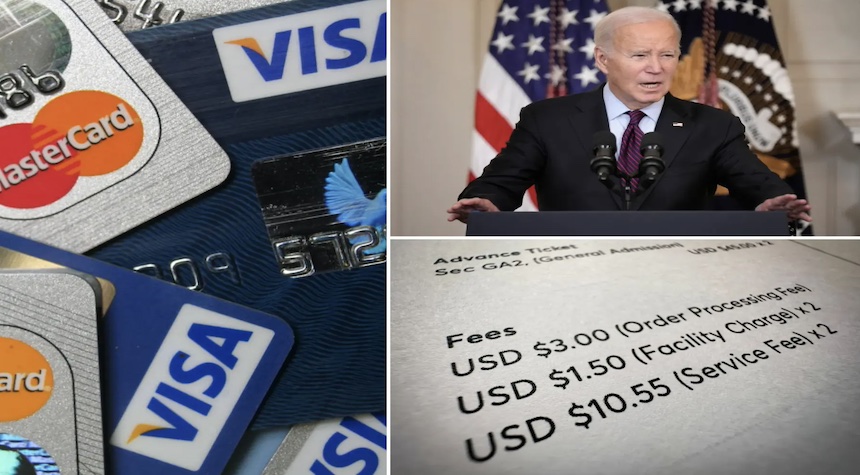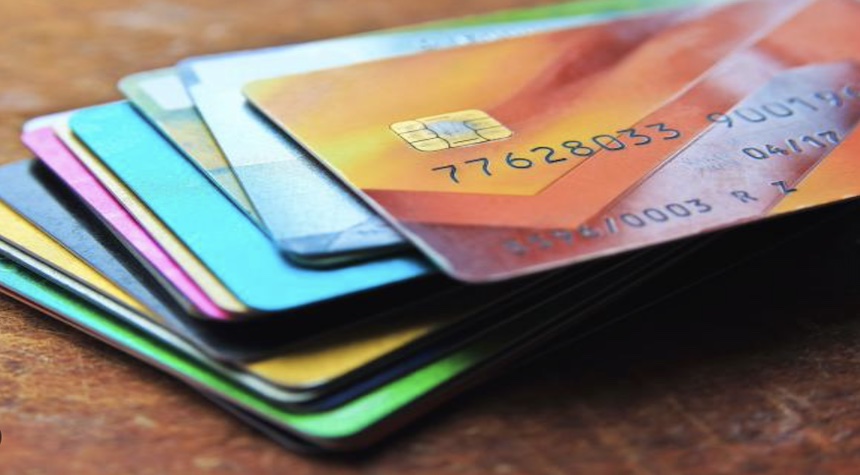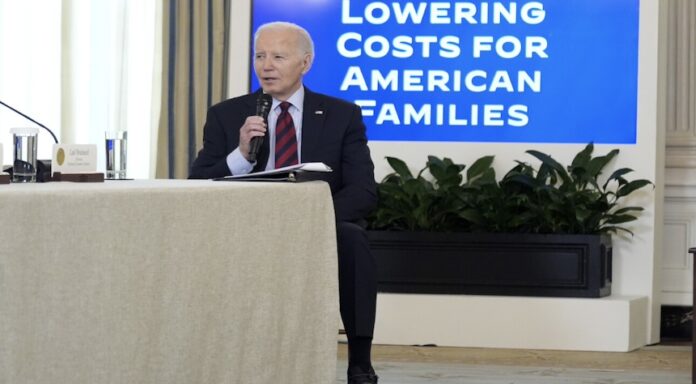When the economy is doing well, many people will buy on credit cards and pay off their debts.
People still purchase a lot of things on credit, but they fall behind with their payments when the economy is bad. According to that measure, we are in serious trouble.
Federal Reserve Bank of Philadelphia released a report showing that credit card delinquencies (30, 60, and 90 days past due) have reached a new level. It gets worse.
The report stated, “The fourth quarter of 2023 saw the worst performance on cards in the series.” All stages of account delinquency have reached new series highs. “Only the 90+ balance-based rate was below its series high set more than a decade ago.”
In December, nearly 3.5% of cardholders had at least 30 days past due accounts. This is an increase of 30 basis points compared to the delinquency rates of the previous quarter. In addition, the number of accounts 60 and 90 days past due increased.
The fact that cardholders are paying the minimum amount has increased by 34 basis points since the third quarter is another sign of problems.

Banks are reducing their credit card programs while giving fewer credit line upgrades and reducing credit limits more often. If this trend continues the record delinquencies could turn into a new record of defaults.
Fox Business:
Credit card debt and usage are on the rise, which is especially concerning as interest rates are at an all-time high. According to Bankrate’s database, which dates back to 1985, the average annual percentage rate (APR) on credit cards has been at a record high of 20,75% for the past week. The previous record was set in July 1991 at 19%.
People who carry debt to offset higher prices could end up paying more over time. If you have $5,000 in debt, which is the average amount owed by Americans, the current APR would require 279 months to pay it off, and $8,124 of interest.
The Federal Reserve’s aggressive campaign to raise interest rates to cool down the economy and crush stubborn inflation has led to a rise in delinquencies.
In March, the Fed was ready to start cutting interest rates by half a percentage point at a given time. The inflation numbers for the past few months show that the beast is still not slain. The Federal Reserve could only allow three rate cuts this year instead of the four they had planned. This almost ensures that credit card interest rates will remain high until the end of this year.

Joe Biden, recognizing that Americans struggle to pay credit card debts on time Joe Biden rides to the rescue and puts a cap on late fees of $8. Does our president ever miss a way to make life easier?
CBS News
New regulations from the Consumer Financial Protection Bureau will limit late fees to $8 or require banks to justify any fee higher than $8. According to the agency, this effort could save Americans $10 billion per year.
This push comes one year after Joe Biden, in his State of the Union Address 2023, called junk fees “unfair.” The White House announced on Tuesday that junk fees are a big source of revenue for many businesses. From airlines to financial service firms, consumers pay $90 billion in excess charges each year.
In a recent statement, Rohit Chopra (Director of the CFPB) said that “in credit cards, as in so many other corners of the current economy, consumers are plagued by junk fees, and forced to navigate a marketplace dominated by a few powerful players who dominate the market.”
That’s true. If you pay on time, those “junk” fees won’t be charged. If you are unable to pay your bill, you may have taken on too much credit. Whose fault is it?
I am an old man who is clearly out of touch with the current times. Paying your debts on time and fully is not trendy anymore.
Imagine that.


